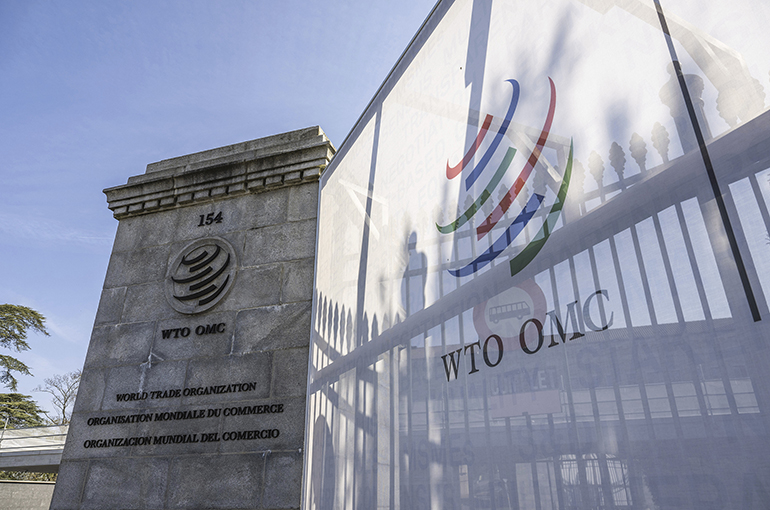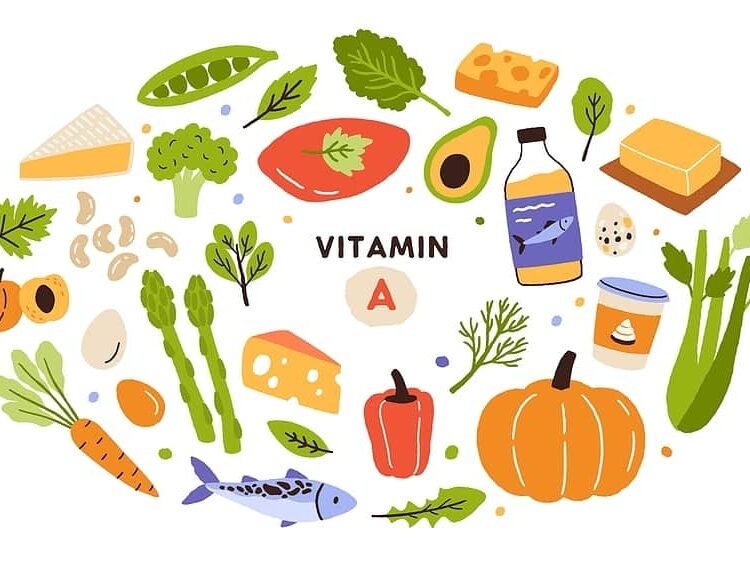Geneva, October 10, 2024 – The World Trade Organization (WTO) has significantly downgraded its global trade growth forecast for 2025, citing persistent economic headwinds, geopolitical tensions, and weakening demand. The revised outlook raises concerns over a deeper-than-expected slowdown in international commerce, which could further strain the fragile global economy.
Sharp Downgrade Amid Economic Uncertainty
In its latest trade outlook report, the WTO now projects merchandise trade volume growth of just 1.3% in 2025, down from its previous estimate of 3.2%. The sharp revision reflects worsening conditions across major economies, including sluggish growth in Europe, a prolonged property crisis in China, and elevated interest rates in the U.S. weighing on consumer spending.
“Global trade is facing stronger-than-expected resistance,” said WTO Director-General Ngozi Okonjo-Iweala. “Rising protectionism, supply chain disruptions, and geopolitical conflicts are creating a perfect storm that could lead to a prolonged slump.”
Key Factors Driving the Slowdown
- Geopolitical Tensions – Escalating trade restrictions, including U.S.-China tariffs and EU probes into Chinese subsidies, are fragmenting global supply chains.
- High Interest Rates – Central banks’ prolonged tight monetary policies continue to dampen business investment and consumer demand.
- Weak Demand in Europe & China – Europe’s stagnant growth and China’s declining imports are dragging down global trade volumes.
- Commodity Price Volatility – Fluctuations in energy and food prices due to climate shocks and conflicts (e.g., Ukraine, Middle East) are disrupting trade flows.
Regional Disparities Widen
- Asia: Export-dependent economies like South Korea and Vietnam face declining orders from Western markets.
- Europe: Germany’s industrial slowdown is worsening the Eurozone’s trade slump.
- North America: The U.S. remains relatively resilient but is seeing softer import demand.
- Africa & Latin America: Vulnerable to falling commodity prices and reduced Chinese demand.
WTO Calls for Policy Coordination
The WTO urged governments to avoid protectionist measures and strengthen multilateral trade cooperation. Okonjo-Iweala warned that without intervention, the global economy risks entering a “low-growth trap” with lasting consequences for jobs and development.
Economists fear that if trade stagnation persists, it could trigger a broader economic downturn, compounding existing debt crises in developing nations and stifling recovery efforts worldwide.
What’s Next?
The WTO will present its findings at next month’s G20 trade ministers’ meeting, where leaders are expected to discuss measures to revive global commerce. However, with geopolitical rivalries intensifying, the path to recovery remains uncertain.
Analysts’ Take:
“Trade is the canary in the coal mine for the global economy,” said Maria Costa, chief economist at Trade Analytics Group. “This forecast suggests tougher times ahead unless policymakers act swiftly.”
As risks mount, businesses and governments are bracing for a challenging 2025, with hopes that renewed trade cooperation could avert a deeper crisis.



